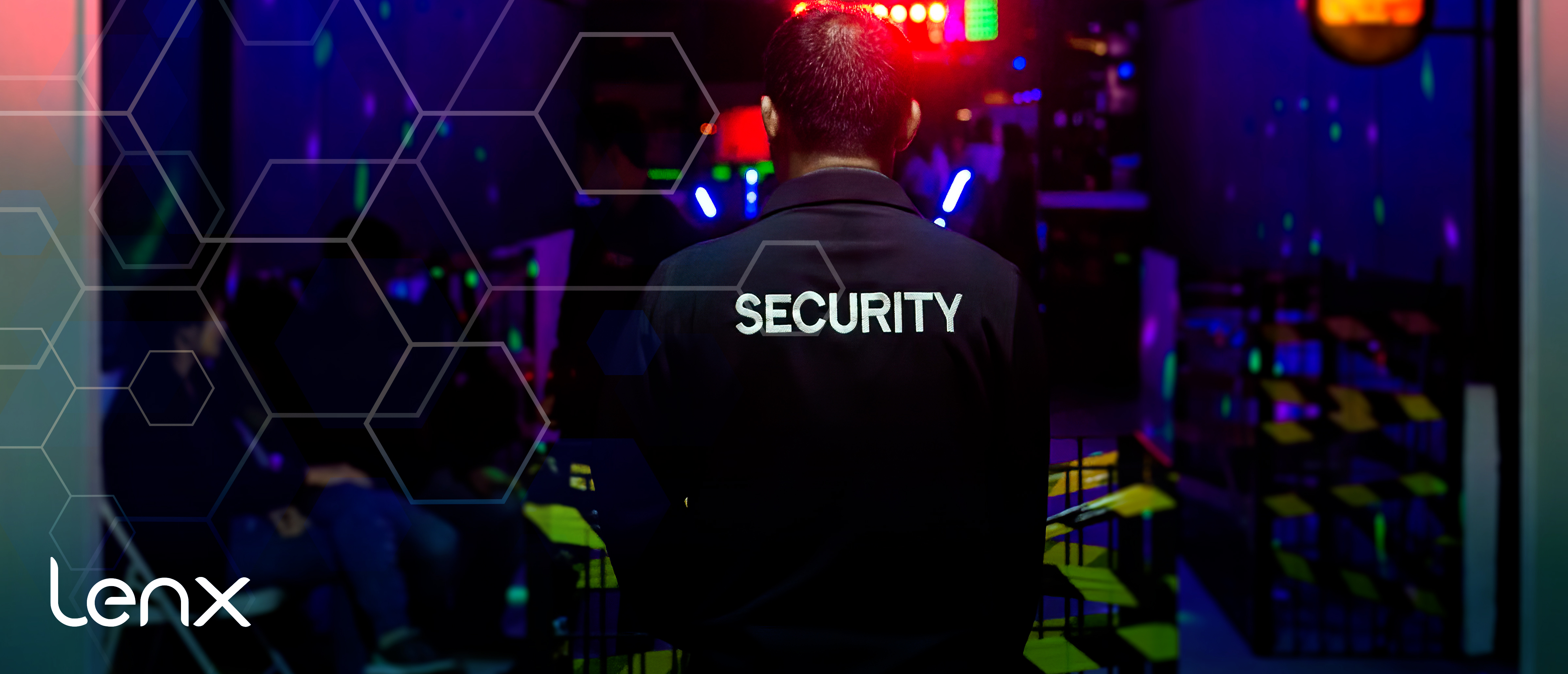
Why AI Security, Gun Detection Isn't Coming For Security Jobs
The integration of Artificial Intelligence (AI) into security systems, particularly for gun detection and active shooter alarms, has sparked a conversation about the future of security jobs. While some fear that AI might replace human security personnel, this article explores why AI security and gun detection systems aren't necessarily a threat to these jobs but rather an enhancement to overall safety measures.
Understanding AI in Security
AI technology is steadily becoming a critical tool for threat detection. Systems like the active shooter detection system and AI gun detection apps are designed to identify potential threats faster and with more accuracy than humans alone. These systems can analyze vast amounts of data, recognize patterns, and alert authorities within seconds of detecting a problem.
The Human Element in Threat Detection
Despite the capabilities of AI, human judgment remains invaluable. Security professionals bring experience, intuition, and decision-making skills to situations that AI cannot replicate. In the event of an alert from an AI security app or gun detector, humans are needed to assess the situation, determine the appropriate response, and take action.
AI Augments Security Jobs
AI gun detection and active shooter alarm systems should be seen as tools that support security personnel, not replace them. These systems can enhance security measures by providing additional layers of protection and allowing security teams to respond more effectively.
Faster Response Times
AI security can process information and send alerts much faster than humans can, leading to quicker response times in critical situations like active shooter incidents in schools. However, the presence of trained security officers on-site is essential to manage the situation, help law enforcement, and provide immediate assistance to those affected.
Ethical and Practical Limitations of AI
While AI can offer incredible technological advancements, it also has its limitations. Ethical concerns about privacy and the potential for false positives are issues that need human oversight. Additionally, AI systems require continuous updates and maintenance, tasks that necessitate skilled human workers.
The Need for Human Oversight
Even the most advanced AI security detector has limitations and requires human oversight to ensure its proper functioning and to interpret its findings in context. Security professionals play a crucial role in managing these systems, interpreting the data they provide, and making informed decisions based on that information.
The Future of Security Jobs
The future of security jobs is not in jeopardy from AI and gun detectors. Instead, these technologies are poised to transform the industry by enabling security professionals to perform their jobs with greater efficiency and effectiveness.
Integrating AI into Security Strategies
Security strategies that integrate AI technology can help detect threats like active shooters faster, but they still rely on human security officers to take the reins in emergency situations. The combination of AI's analytical power with the critical thinking and empathetic skills of security professionals ensures a comprehensive approach to safety.
Conclusion
AI security and gun detection systems are powerful tools in the fight against active shooters and other threats. However, they are not replacements for human security professionals. The future of security is a collaborative effort, where AI enhances the capabilities of security teams, making environments safer without compromising jobs.
If you're interested in learning more about how AI is shaping the security industry, or if you have any questions, feel free to reach out in the comments below.

